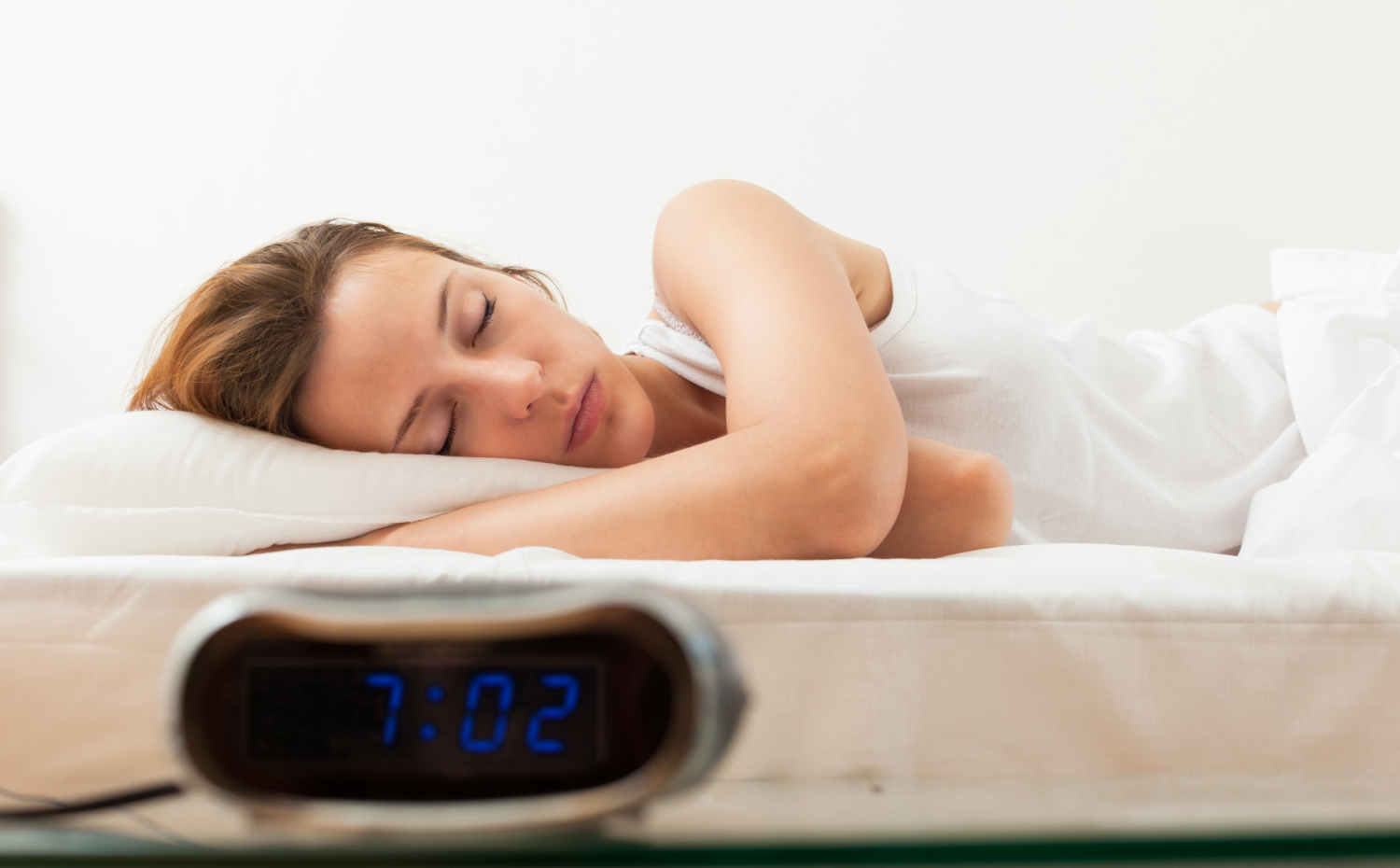Calories are a unit of energy used to measure the amount of energy consumed by the body through the consumption of food or expended through physical activity. The body burns calories even when at rest, and this is known as the basal metabolic rate (BMR). The BMR is the amount of energy required to sustain basic life functions such as breathing, circulation, and digestion.
Sleep is a state of rest that allows the body to recover and repair itself. During sleep, the body continues to burn calories to maintain basic bodily functions. The number of calories burned during sleep varies depending on several factors such as age, weight, and gender. In this article, we will discuss how many calories are burned during sleep and what factors affect the number of calories burned.
Factors That Affect Calories Burned During Sleep
Several factors influence the number of calories burned during sleep, including:
Age: As people age, their BMR decreases, which means that they burn fewer calories at rest, including during sleep.
Gender: Men typically have a higher BMR than women, which means that they burn more calories at rest, including during sleep.
Body composition: Muscle mass burns more calories than fat mass. Therefore, people with a higher muscle mass burn more calories at rest, including during sleep.
Activity level: People who engage in regular physical activity tend to have a higher BMR, which means that they burn more calories at rest, including during sleep.
Diet: The types and amounts of food that people consume can affect their BMR. For example, a diet high in protein can increase the BMR, while a low-calorie diet can decrease the BMR.
How Many Calories Does Sleeping Burn?
The number of calories burned during sleep varies depending on several factors. On average, an adult burns around 0.42 calories per pound of body weight per hour of sleep. For example, a person who weighs 150 pounds burns approximately 63 calories per hour of sleep.
Assuming that an adult sleeps for an average of eight hours per night, the total number of calories burned during sleep would be approximately 504 calories (63 calories x 8 hours of sleep). However, this is just an average, and the actual number of calories burned during sleep varies depending on the factors discussed above.
For example, a person with a higher muscle mass will burn more calories during sleep than a person with a higher fat mass. Similar to how women’s BMR is typically lower than men’s, this means that men generally burn more calories while at rest, including while sleeping. As a result, a man with more muscle mass will sleep more efficiently than a woman with more fat mass.
The stage of sleep can also have an impact on how many calories are burned while you sleep.
Fewer calories are burned during deep sleep because the body’s metabolism slows down at this time. However, the body’s metabolism speeds up and more calories are burned during REM (Rapid Eye Movement) sleep.
It is significant to remember that the amount of calories burned while sleeping is significantly lower than the number of calories burned while physically active. Therefore, rather than solely relying on the calories burned while you sleep, focusing on a healthy diet and getting regular exercise is more effective for weight loss and maintaining a healthy body weight.
Conclusion
For maintaining good health and well-being, sleep is crucial. While the body continues to burn calories while you sleep in order to maintain essential bodily functions, the amount of calories you burn during sleep varies depending on your age, gender, body composition, level of activity, and diet.
On average, an adult burns around 0.42 calories per pound of body weight per hour of sleep. The actual number of calories burned while sleeping, however, varies depending on the factors mentioned above; this figure is only an average.




